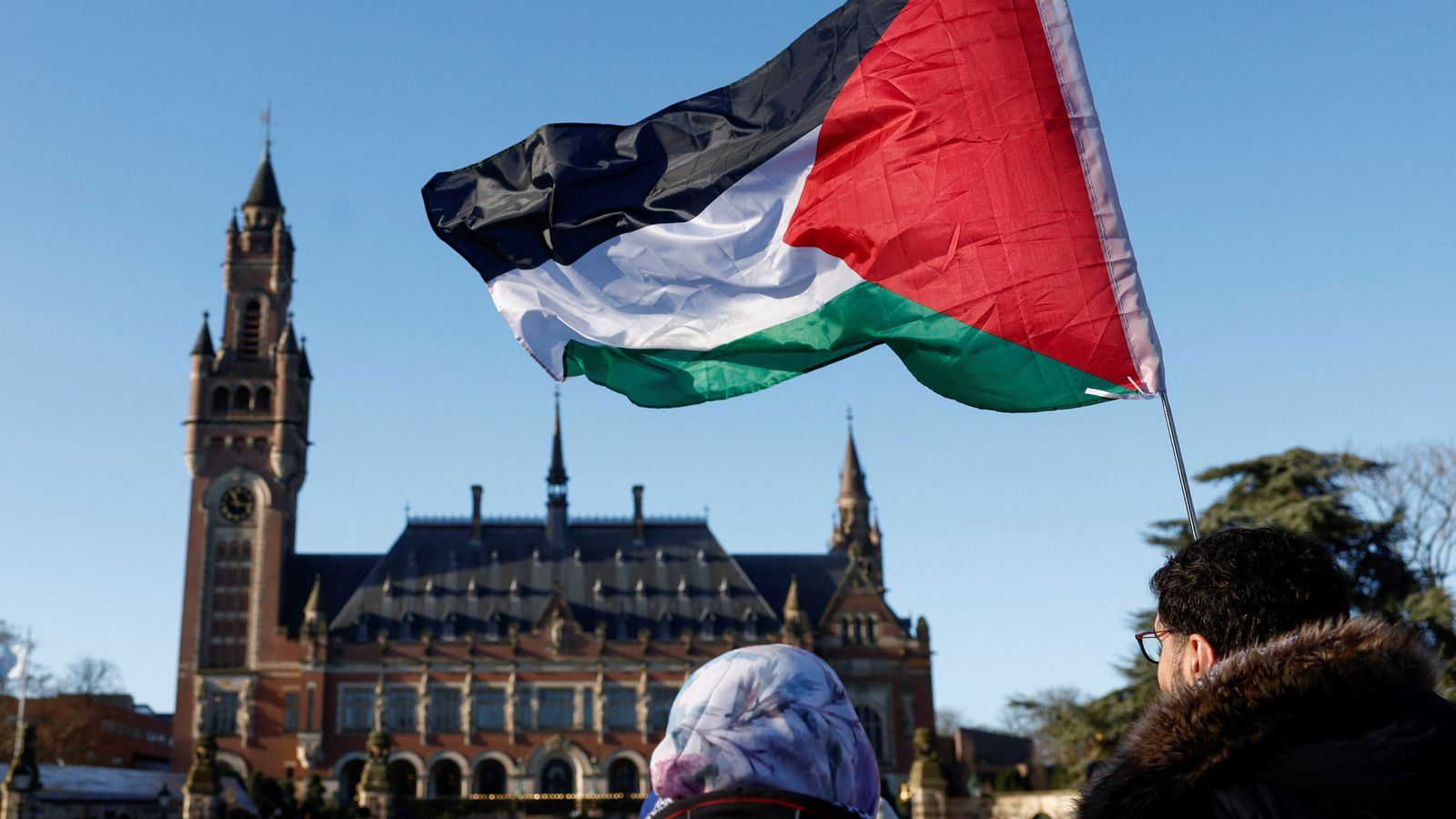“I knew it was breaking a rule,” he said. “What I did disrespected New Zealand, and I’m sorry.” Attempts to reach Jones for comment this week were not immediately successful.
New Zealand’s Department of Conservation said in a statement that it was aware that “cast members were fatigued and suffering from significant hunger, in an unusual group dynamic situation”. Still, it added, “killing and eating a native protected species in this matter is unacceptable”.
Original Productions, the production company behind the show, did not immediately respond to a request for comment. In a June interview with the website Decider, the show’s executive producer, Jeff Conroy, said that they had decided to not provide the contestants with food, to give people who were “better at survival” an advantage. “We really wanted the experience to be as real as possible.”
Loading
A representative for the production company alerted officials to the incident soon after it took place, Dylan Swain, a spokesperson at the Department of Conservation, said in a statement. Producers of the show had received a permit to film on public conservation land, he said, which had laid out “clear conditions stating protected species and plants could not be harvested or consumed”.
After an investigation, Swain said that the department ultimately sent written warnings to the production company and the contestant. According to its site, the penalty for killing protected wildlife could run up to two years in prison or a fine up to $NZ100,000 ($90,000).
This article originally appeared in The New York Times.
Get a note directly from our foreign correspondents on what’s making headlines around the world. Sign up for the weekly What in the World newsletter here.
#Reality #contestant #apologises #hunting #eating #protected #bird







